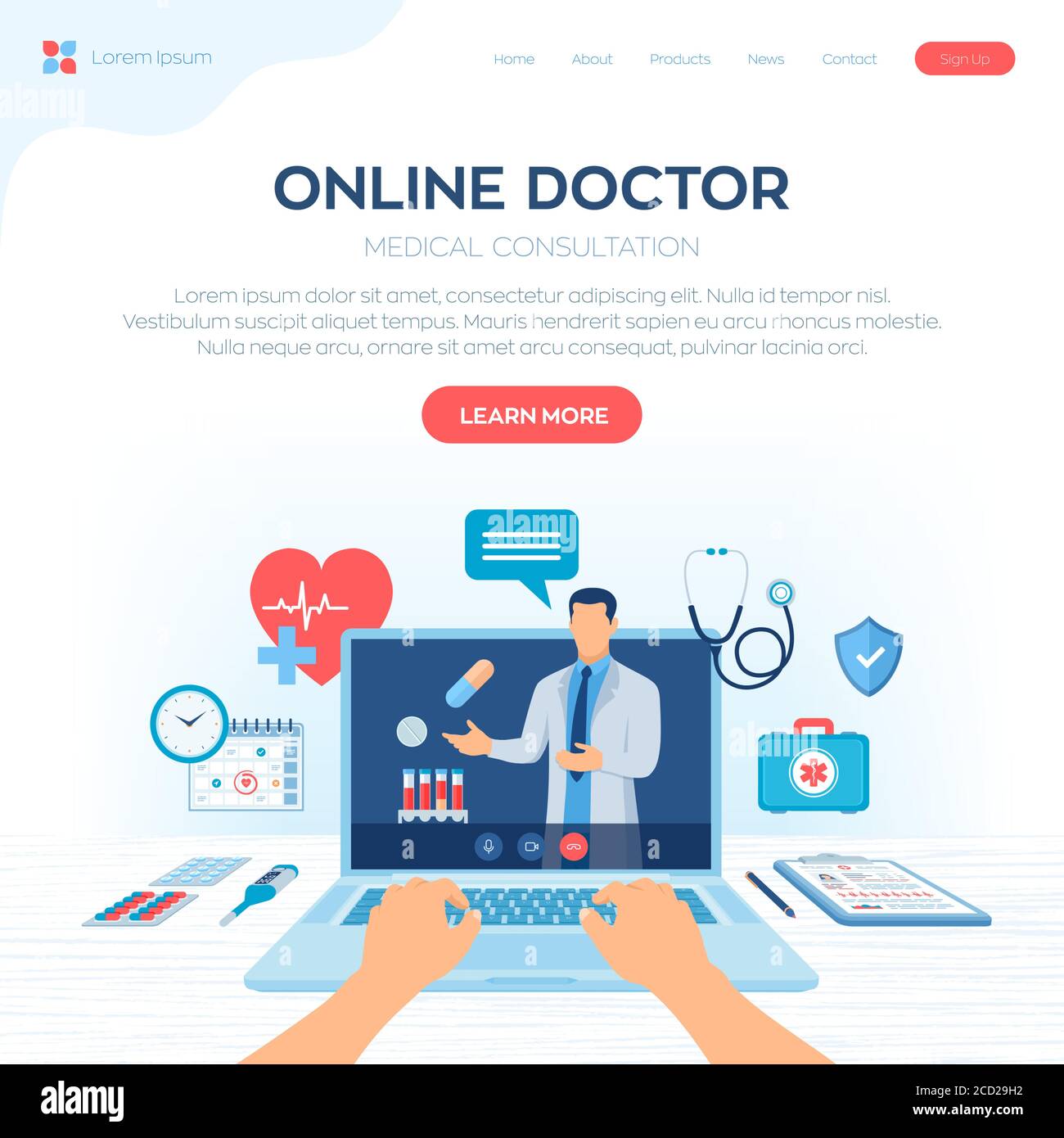Understanding the Price Savings of Subscription Based Healthcare for Families
Just How Subscription-Based Healthcare Is Revolutionizing the Clinical Sector

The Rise of Subscription Health Care
In the last few years, the medical care sector has actually observed a significant shift towards subscription-based models, reflecting broader consumer fads preferring ease and predictability. This transformation is driven by the increasing need for more easily accessible and individualized treatment services. Subscription healthcare, sometimes referred to as attendant medication or direct medical care, supplies people a set regular monthly fee for a series of clinical solutions, substantially altering traditional fee-for-service versions.
The increase of membership healthcare is promoted by innovations in innovation, which enable structured interaction between carriers and individuals - subscription based healthcare. Digital platforms and telehealth solutions have come to be important, providing people the capability to schedule visits, access clinical records, and obtain assessments online. This technological integration not only enhances client involvement however also enables service providers to supply much more reliable care
Furthermore, the membership design lines up with the progressing assumptions of individuals that look for more control over their health care costs and experiences. While this model is getting grip, its expansion encounters obstacles such as governing obstacles and the necessity for wider approval within the traditional health care ecosystem.
Benefits for Carriers and people
Subscription-based healthcare offers a plethora of advantages for both individuals and companies, reshaping the dynamics of healthcare. For clients, this model gives improved access to healthcare solutions. With a predictable monthly cost, individuals can take pleasure in limitless consultations, lowered delay times, and personalized treatment. This arrangement often brings about a more proactive strategy to health and wellness management, permitting for timely treatments that can stop chronic problems from escalating. Moreover, the financial openness of subscription models decreases the unpredictability related to traditional fee-for-service billing, easing the problem of unforeseen medical expenses.
For health care companies, subscription-based models cultivate an even more gratifying and sustainable technique. Administrative tasks are usually streamlined, reducing above costs and permitting companies to dedicate even more time to patient communication. Overall, subscription-based medical care lines up the rewards of patients and carriers, promoting an extra efficient and patient-centered healthcare shipment system.
Trick Functions of the Version
Regularly, the essential functions of the subscription-based medical care version emphasize its distinct technique to providing clinical solutions. Central to this version is the concept of predictable, regular monthly settlements, offering patients an extensive variety of solutions without the changability of typical fee-for-service frameworks. This model frequently includes unrestricted accessibility to medical care solutions, preventative treatment, and routine check-ups, guaranteeing that individuals can involve with their health care suppliers proactively instead of reactively.
In addition, straight interaction channels, such as telemedicine and messaging platforms, are emphasized, allowing patients to receive prompt suggestions and appointments without requiring in-person consultations. This improves availability and comfort, especially for individuals with mobility restraints or those staying in remote locations. The design also fosters more powerful doctor-patient connections, as doctor are incentivized to concentrate on lasting wellness results rather than temporary sees.
Additionally, subscription-based healthcare often incorporates technological innovations, such as digital health and wellness records and health and wellness tracking apps, to offer efficient and customized care. Clients take advantage of worked with and constant care monitoring, which is tailored to their details health and wellness needs. Inevitably, these functions jointly produce a patient-centered medical care experience, prioritizing accessibility, expense openness, and precautionary treatment.

Difficulties and Factors To Consider
While the subscription-based healthcare version provides numerous benefits, it is not without its considerations and obstacles. One considerable obstacle is making sure equitable gain access to. Subscription models might unintentionally prefer those with higher socioeconomic standing, potentially broadening disparities in health care gain access to for lower-income people who might battle with check my site month-to-month fees. This increases moral issues concerning inclusivity and equity in healthcare shipment.
One more difficulty exists in regulatory compliance. Subscription-based health care needs to navigate a complicated internet of laws that differ by area, including issues around client privacy, information defense, and state licensing needs. Ensuring compliance without hindering the design's versatility and advancement can be discouraging for providers.
Additionally, there is the risk of overutilization or underutilization of services. Patients paying a fixed fee might overuse services, leading to increased operational prices, while others could underutilize as a result of be afraid of straining the system, possibly overlooking required care.
Future Prospects and Innovations
The landscape of subscription-based healthcare is positioned for transformation via arising developments and developing prospects. As technology proceeds to breakthrough, the assimilation of expert directory system and artificial intelligence provides significant opportunities to improve diagnostic accuracy and enhance person administration. Predictive analytics can transform preventative care by identifying prospective health and wellness threats prior to they materialize, thus reducing both prices and the problem on health care systems.
Moreover, telemedicine is readied to expand within registration designs, offering people boosted access to health care experts no matter geographical restraints. This not only facilitates connection of treatment but likewise encourages clients to engage even more proactively in their health and wellness administration. In addition, blockchain innovation supplies potential in securing client data and guaranteeing interoperability throughout systems, promoting count on and openness.
Partnerships in between technology companies and health care carriers are likely to produce ingenious remedies, enhancing individual experiences and outcomes. As these potential customers emerge, subscription-based healthcare has the potential to redefine how care is delivered and accessed.
Verdict
Subscription-based medical care is changing the clinical industry by using an extra available, foreseeable, and patient-centered technique to clinical services. Visit Your URL Regardless of difficulties such as regulative obstacles and prospective variations in access, the subscription design holds assurance for an extra tailored and effective medical care experience.
Registration health care, often referred to as concierge medicine or straight main treatment, supplies individuals a fixed month-to-month charge for a range of clinical solutions, significantly modifying conventional fee-for-service designs.
In addition, the subscription design straightens with the developing assumptions of individuals who look for more control over their medical care costs and experiences. For people, this design provides enhanced accessibility to medical care services. Generally, subscription-based health care straightens the incentives of carriers and individuals, advertising a much more patient-centered and reliable healthcare shipment system.
Furthermore, telemedicine is established to expand within registration designs, offering individuals increased access to healthcare specialists no matter of geographical restrictions. - subscription based healthcare